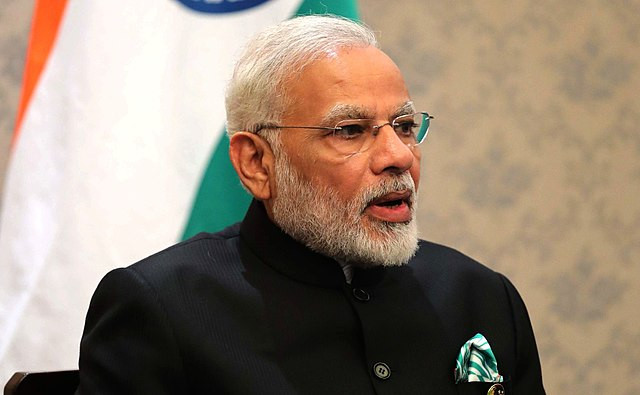Global financial markets are reeling from the impact of election "black swans," as unexpected political outcomes in Mexico and India have triggered significant market turbulence.
On Monday, the results of Mexico's elections led to a dramatic sell-off across stocks, bonds, and the peso. The following day, Indian markets were similarly shaken, with the stock market plunging to its lowest point in four years after Prime Minister Narendra Modi's electoral performance fell short of expectations.
Adding to the uncertainty, Ignacio Mier, the leader of Mexico's ruling party in the House of Representatives, stated publicly that once the new Congress is seated, lawmakers would push for a series of reforms proposed by President Andrés Manuel López Obrador. This announcement stoked fears of anti-market reforms, causing the peso to plummet by 2.7%.
At the time of reporting, the dollar/peso exchange rate stood at 17.9, making the peso the worst-performing major currency and heading toward its weakest close since October. The one-month implied volatility indicator for the peso also surged to 14.8%.
The market jitters sparked by elections in Mexico and India could be a harbinger of more political risks ahead. Dubbed the "election year," 2024 will see elections in 40 countries globally.
Lindsay Newman, head of global macro-geopolitical practice at the Eurasia Group, stressed the importance of understanding both baseline scenarios and market expectations. "What's truly crucial is recognizing tail risks and external shocks, and considering their potential impact. We're likely to see similar scenarios play out in the upcoming elections in the United States and the United Kingdom," she noted.
The significant market disruptions following election results often stem from a divergence between market expectations and actual outcomes. In India, the sharp market decline was triggered by Modi's Bharatiya Janata Party (BJP) failing to secure the overwhelming victory predicted by polls.
Past experiences in the UK and US also serve as stark reminders to investors about the perils of relying on poll predictions. Major events like Brexit and Donald Trump's election were not accurately forecasted by polls, and the rise of populism and nationalism has further blurred the lines between politics and markets.
The European Parliament elections, which began on June 6, are anticipated to serve as a key indicator of political trends. Additionally, the UK general election on July 4 could see significant shifts, with the latest polls suggesting a potential landslide victory for the opposition Labour Party.






